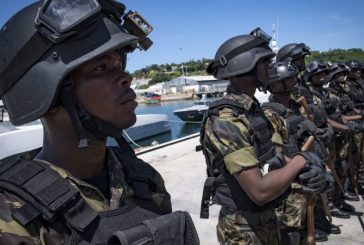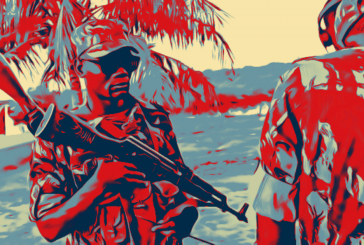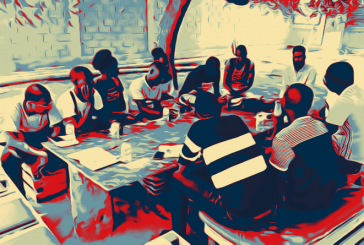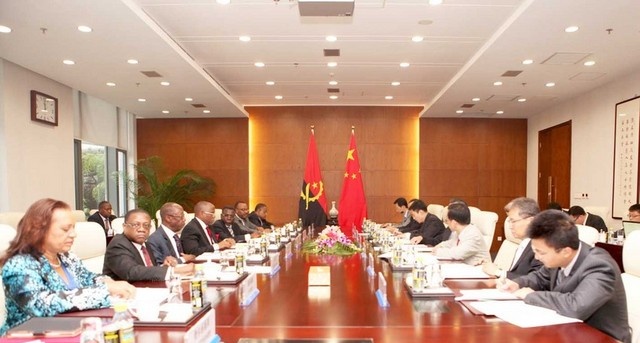

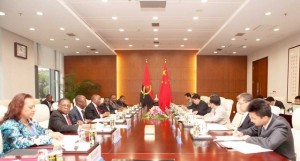

Full article in Pdf: Angola and China
By Florindo Chivucute|| After a 27-year of civil war, Angola is still facing enormous challenges ahead to meet the Millennium Development Goals (MDGs). Despite the exceptionally high rapid economic growth that Angola has experienced after the end of the civil war in 2002, the country is still facing high unemployment (in particular among youth and women), extreme poverty, lack a of quality education,adequate health services and environmental degradation. Corruption within the government is also a problem. Angola is the second largest producer of oil and the third producer of diamonds in sub-Saharan Africa, but it has a Human Development Index (HDI) of 0, 446, according to 2007 and 2008 Human Development Report. In addition to that, it is among the low human development countries ranked 162nd out of 177 countries (UNDAF, 2009). The primary school enrollment is still low at 54% and life expectancy is 41.7 years. In addition, maternal mortality remains high (1.700 per 100, 000) and infant mortality rates is also extremely high (134 per 1000). Only 31% of the population has access to sanitation and 53% to clean water. Clearly, Angola faces enormous economic and social challenges ahead. Thus, in order to achieve the Millennium Development Goals (MDGs), the government will need to work with civil society, private organizations and with local and international Non-governmental organizations(NGOs) to implement profound reforms(i.e., diversify its oil economy, tackle the endemic corruption…) in order to translate this high rapid economic growth into human development.
The question then becomes: How will the government fund these reforms to reduce poverty and meet the Millennium development Goals? In this paper, I will first examine the economic relation between Angola and the People’s Republic of China by looking at oil export to China and development aid from China to Angola in order to help us better understand Angolan paradox. Then, I will analyze some key Challenges aspects that Angola is facing from its bilateral trade relation with China.From there, I willprovide some policy advice as to how Angola may be able to maximize the economic benefits and minimize the costs of the trade relations with China. Finally, I will briefly examine what type of reforms is needed within the government in order to have a functional and capable government to implement these reforms.




